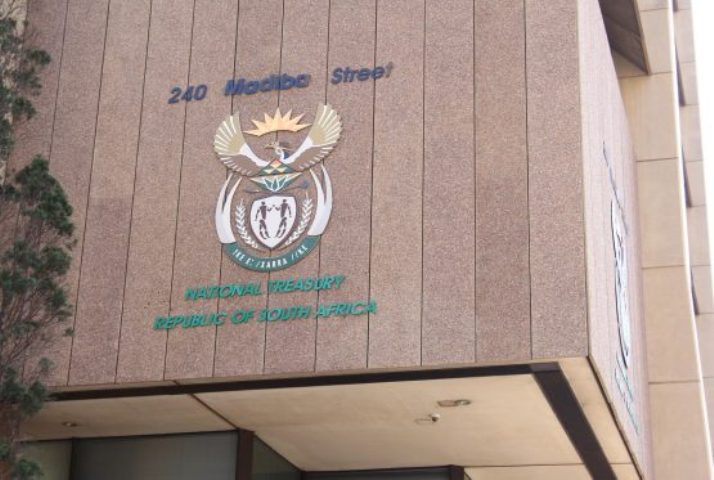Treasury Withdraws Hybrid Equity Tax Proposal Amid Investor Concerns
The draft TLAB attempted to replace this rule-based approach with a principle-based framework, aligning South Africa with practices in other jurisdictions.

- Country:
- South Africa
South Africa’s National Treasury and the South African Revenue Service (SARS) have taken a significant step back from a controversial amendment proposed in the 2025 draft Taxation Laws Amendment Bill (TLAB), following widespread concerns from industry stakeholders and investors.
The draft Bill, released on 16 August 2025, invited public comments until 12 September 2025. While it introduced several reforms, the most debated measure involved a proposed redefinition of “hybrid equity instruments” under section 8E of the Income Tax Act.
The Core of the Proposal
The withdrawn provision sought to refine the rules governing preference shares, which are often used in corporate financing. Currently, section 8E applies a set of anti-avoidance criteria—including the well-known three-year rule—to determine whether a preference share resembles debt. If so, any preference dividend is deemed taxable income in the hands of the investor, ensuring fair tax treatment.
The draft TLAB attempted to replace this rule-based approach with a principle-based framework, aligning South Africa with practices in other jurisdictions. The principle was straightforward: financial instruments should be taxed based on their economic substance, not just their legal form.
For instance:
-
A preference share with a fixed mandatory dividend and/or redemption on a specific date would be treated as debt.
-
This would prevent investors from misusing dividend exemptions to lower tax liabilities when the instruments are essentially loans in disguise.
Industry Pushback
While Treasury and SARS argued that this shift would close tax loopholes, commentators raised serious concerns:
-
The broad wording in the draft risked eradicating preference shares as a practical financing tool.
-
The uncertainty created by the proposal threatened to delay ongoing transactions and stall investments.
-
Business leaders and tax professionals warned that the reform, if adopted, could have unintended consequences on capital flows and corporate financing structures.
The backlash highlighted the delicate balance between protecting the tax base and maintaining a competitive investment climate.
Treasury’s Response: A Strategic Withdrawal
Acknowledging the risk of disrupting investment and financing activity, the Minister of Finance, on the advice of Treasury and SARS, announced the withdrawal of the hybrid equity amendment from the draft TLAB.
In its statement, Treasury clarified that while the amendment was only in draft form, the uncertainty had already begun to affect current deals and financing arrangements. To avoid further disruption, it was deemed prudent to pull back the proposal entirely.
Next Steps: A More Consultative Approach
Treasury has emphasized that this withdrawal does not mean the issue is off the table permanently. Instead, it signals a reset in strategy. Any future proposals regarding the taxation of hybrid equity instruments will be:
-
Developed through a broad consultative process.
-
Designed to strike a balance between government’s revenue objectives and stakeholder concerns.
-
Only introduced into draft tax legislation once there is greater clarity and alignment.
Broader Context: Tax Reform in 2025
The 2025 draft TLAB forms part of South Africa’s annual tax legislative cycle, aimed at:
-
Updating the Income Tax Act and other tax statutes.
-
Closing loopholes that enable tax avoidance.
-
Modernizing the tax system in line with global best practice.
By withdrawing the hybrid equity proposal, Treasury has signaled its willingness to listen to stakeholders while maintaining a focus on strengthening the integrity of the tax system.
The retraction of the hybrid equity instrument proposal marks a victory for industry voices that argued for practicality and certainty in financing structures. It also demonstrates the government’s recognition that effective tax reform requires collaboration, clarity, and balance.
Stakeholders now await the revised draft TLAB, and many anticipate further engagement on how to modernize South Africa’s tax system without deterring investment.










